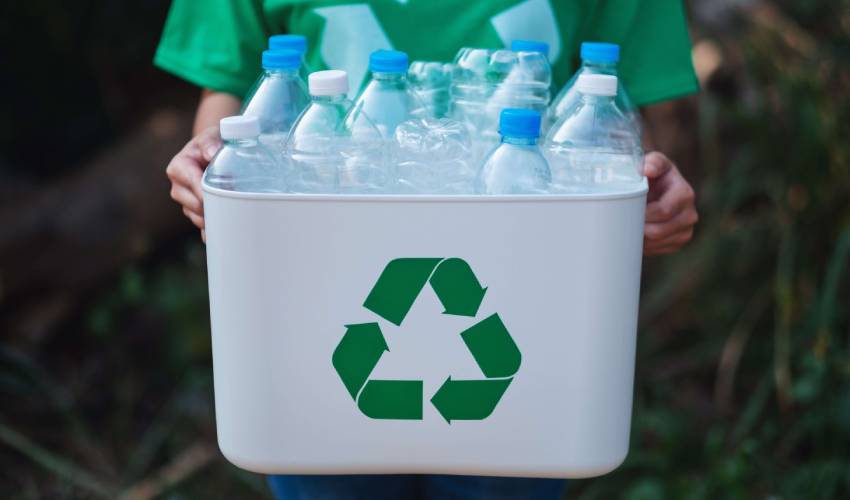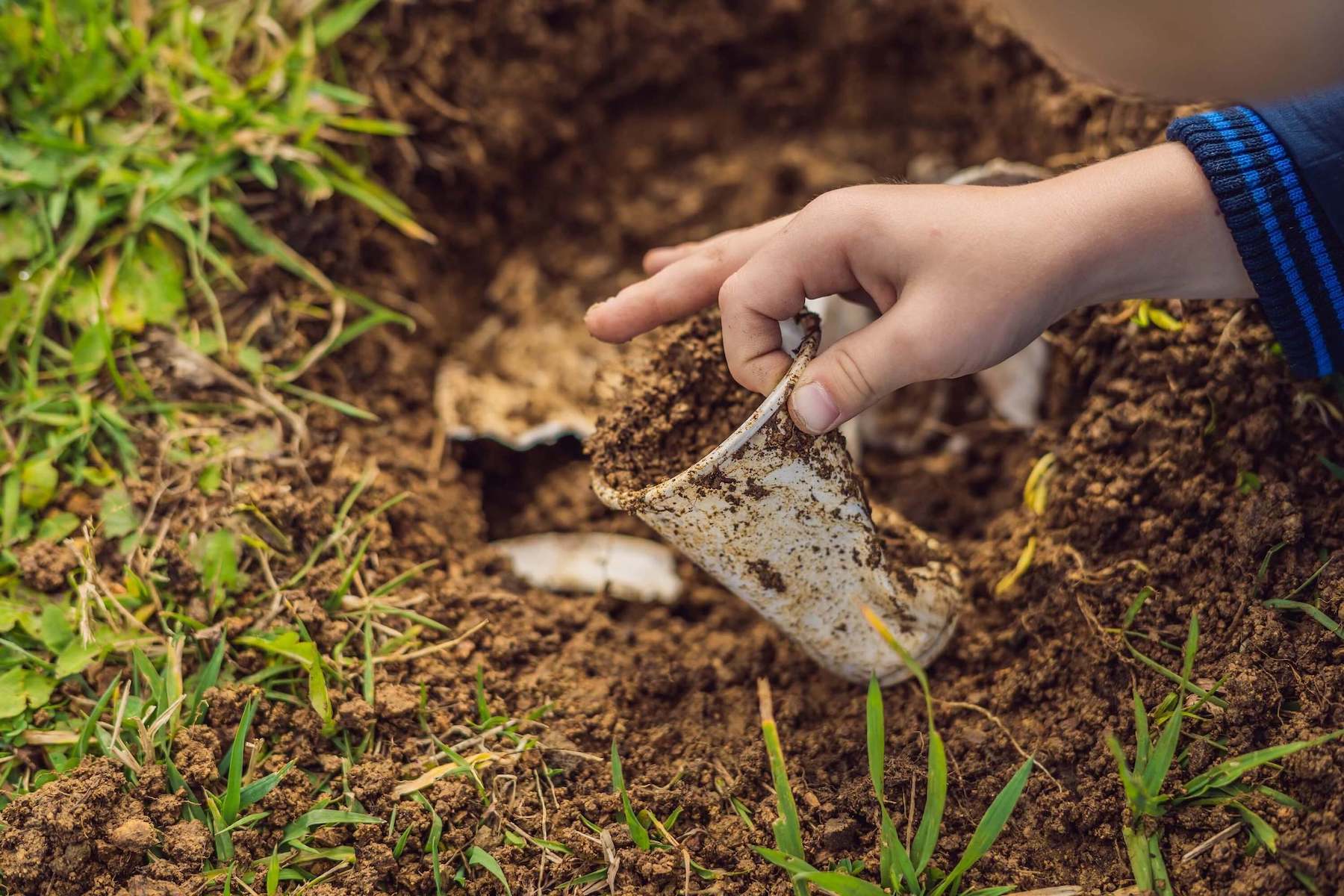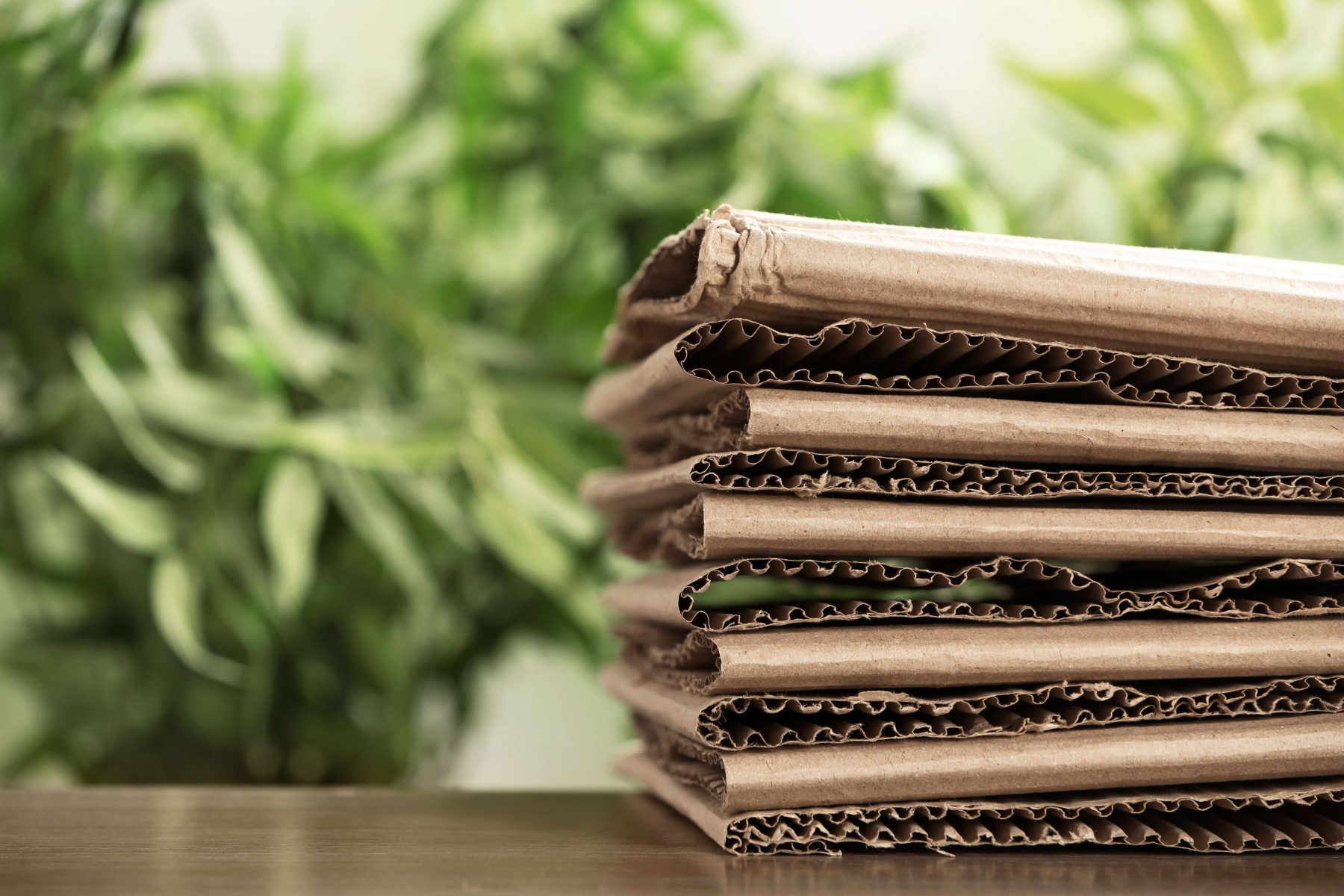
Every year in the UK, we throw away billions of plastic packaging items, and most of these are sent to a landfill. Could switching to biodegradable plastic change this? And do you know the difference between biodegradable and compostable packaging? Read on to find out more.
Different types of plastic packaging
You might assume that biodegradable and compostable packaging is the same, but these two types of plastics break down (decompose) differently.
Compostable and biodegradable packaging are considered eco-friendly alternatives to regular plastic packaging, and that’s a view shared by consumers – but is it accurate? Is biodegradable packaging better for the planet?
Let’s look at what sets these plastic packaging materials apart and the impact they have on the environment.
Regular plastic packaging
Polyethylene (PE) is the most commonly produced plastic in the world. Packaging made from PE can take hundreds of years to decompose. As it degrades, it leaves behind lots of small plastic particles, and these fragments can find their way into our water supplies and soil.
Biodegradable packaging
This type of plastic packaging is made from plant-based materials such as corn and wheat starch. Living organisms like fungi or bacteria can break down biodegradable plastic.
Under the right conditions, biodegradable plastic decomposes at a faster rate than regular plastic. The downside of this process is that it releases pollutants, like methane, into the air.
Compostable packaging
Compostable packaging is similar to biodegradable packaging – it is made of plant-based materials, and as it decomposes, it returns to its organic matter. However, this type of plastic doesn’t release toxic gasses as it decomposes.
The downside to compostable plastic is that it requires a specific set of conditions to decompose. Composting on an industrial scale has to be done in a specialist facility with the right temperature and mix of gasses.

Is biodegradable packaging eco-friendly?
Biodegradable packaging may decompose quicker than non-degradable plastic, but its eco-credentials aren’t quite what they seem.
As it decomposes, biodegradable packaging releases toxic gasses into the air, damaging the environment. The degradation process also leaves behind small plastic parts that remain in landfill or find their way into our water supplies and soil.
The label ‘biodegradable’ gives the impression that this type of plastic packaging is better for the environment, but this is just the start of the journey. In fact, there is still a long way to go before plastic is truly recyclable.
In 2021, only 44.2% of the UK’s household plastic packaging waste was recycled¹.
Plastic packaging must be ‘circular’ before it can be considered environmentally friendly. To create a closed loop system, it must either be recycled or re-used at the end of its life rather than being left to decompose.
Sustainable packaging predictions
Industry publication Packaging Digesthas given its predictions for 2023 on sustainable packaging. The news outlet’s most notable prediction is the ‘paperization’ of packaging.
This means that paper and cardboard will replace plastic in most types of packaging. That includes things like cereal box liners, paper bottles and protective eCommerce packaging.
Last year, Amazon announced it was phasing out its plastic air pillows. It has since replaced these pillows with 100% recycled and 100% recyclable packing paper, designed to stop items from moving around inside the box.
This is part of a wider move from Amazon to reduce the amount of packaging they use. Since 2015, the eCommerce giant has reduced its packaging weight per shipment by more than 38%².
Proposed EU regulations could mean that businesses will be forced to reduce their packaging in the future. According to Packaging Digest, this could mean doing away with empty space to reduce each unit to its minimum size in terms of weight and volume.

Inca’s approach to sustainability
At Inca UK, we follow the mantra of reduce, reuse and recycle. We do this in several ways when shipping our products and as packaging providers for other businesses.
- - We are reducing the amount of packaging we use
- - We use sustainable packaging to ship our products
- - We sell recyclable and compostable packaging
Our paper gift bags and cardboard boxes are fully recyclable, and our compostable bags are biodegradable. Made from cornstarch, these bags come in various sizes for packing small and lightweight products like jewellery and hair accessories.
Biodegradable vs compostable packaging
If you’re keen to learn more about the difference between biodegradable and compostable packaging, you might find the answers you’re looking for here.
What is biodegradable packaging?
Living organisms like fungi and bacteria can break down biodegradable packaging. This happens naturally over time, but some toxic gasses are released into the air as a by-product.
What are biodegradable bags made of?
Biodegradable bags are made from plant-based materials such as wheat, corn, and potato starch. In contrast, regular plastic bags are derived from petroleum-based materials and take longer to break down than degradable bags.
How do compostable bags break down?
Compostable bags are made from organic matter, and they return to this state as they degrade. This type of packaging can only break down under certain conditions, which usually occurs in a special facility with the right temperature and mix of gasses.
The bottom line on compostable packaging
Compostable packaging is better than regular plastic packaging, which can take hundreds of years to decompose. But we can’t afford to be complacent in the drive for change.
As consumers and business owners, we can all play a part by using less packaging and switching to recyclable packaging.
End notes
1. Tieso, I, Statista [23 August 2023] Recycling rate of plastic packaging was in the UK 2012-2021. Accessed 10 January 2023. Available from https://bit.ly/3W1f2pk
2. Amazon [7 July 2022] Amazon phases out plastic air pillows across our European fulfillment network. Accessed 10 January 2023. Available from https://bit.ly/3CBZCB8.